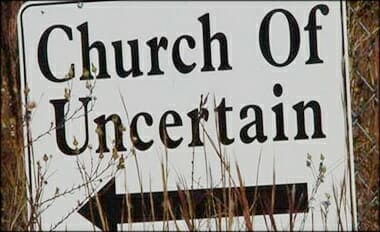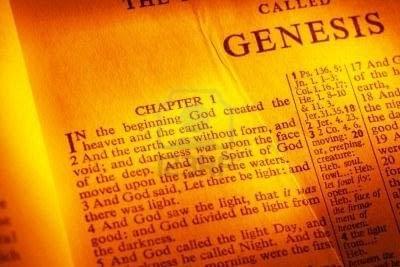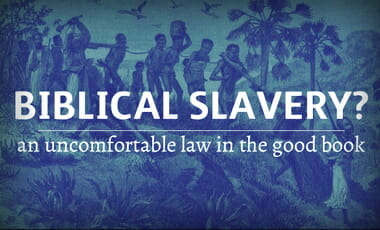…The VA revised directives to permit religious literature, symbols, and displays at agency facilities following a string of incidents in recent years in which individual medical centers banned Christmas carols and a Christmas tree, chapels removed Bibles, and chaplains faced restraints on religious expression.
Generally, the VA had inconsistent policies across the country.
Officials designed the changes to protect the religious freedom of veterans and their families.
The new guidelines, which went into effect last month, referred to the recent Supreme Court ruling allowing a cross-shaped memorial to World War I dead to continue standing on public land in Bladensburg, Maryland.
The high court’s decision highlighted the important role that religious symbols play in the lives of Americans and their consistency with constitutional principles.
“The military culture has been part of my being, an important part of what I believe,” Wilkie told The Daily Signal. “I’ve seen the effects of combat, both in uniform and out of uniform.”
That military culture in which he grew up, Wilkie said, also prioritizes the “ability of our troops to worship, their right to worship, their right to have access to chaplains, and to be free to celebrate their faith.” He added:
Now, moving over to VA, I consider the spiritual well-being of our veterans, their spiritual health, to be just as important as the medical competence and technical competence of our doctors and nurses. They should have that fundamental right available to them to access chaplains, to access their Bibles.
The new guidelines call for “inclusion in appropriate circumstances of religious content in publicly accessible displays at VA facilities,” and allow “patients and their guests to request and be provided religious literature, symbols and sacred texts during visits to VA chapels and during their treatment at VA.”
The guidelines also allow the VA to accept donations of religious literature, cards, and symbols at its facilities, and to distribute them to VA patrons “under appropriate circumstances.”
“Under the old regime, you couldn’t have those outward symbols,” Wilkie said. “You could not have religious texts in the chapels unless you brought them. The chaplains could not walk the halls seeking people to talk with. There had to be a specific request.”
[….]
The high court’s ruling should reaffirm the VA’s policy, said Emilie Kao, director of the DeVos Center for Religion and Civil Society at The Heritage Foundation.
“On the heels of the Supreme Court’s 7-2 decision that reaffirmed the Constitution’s protection of the tradition of public displays of religious monuments, symbols, and practices, the U.S. Department of Veterans Affairs took a much-needed step to clarify that religious symbols as well as spiritual and pastoral care are welcome at VA facilities,” Kao told The Daily Signal.
“Millions of soldiers from different religious backgrounds have relied upon their faith and gained encouragement from religious literature, symbols, and displays,” Kao continued. “No member of the military should have to hide their faith when they put on a uniform. Nor should our public square be devoid of religious symbols.”
In January, the Manchester Veterans Affairs Medical Center in New Hampshire removed a Bible on display at a “Missing Man” table after a secular group, the Military Religious Freedom Foundation, objected.
The Bible had been carried by a prisoner of war from World War II, but the group said some veterans had complained about its display.
After receiving new complaints about its removal, hospital officials restored the Bible the following month. In May, however, a Vietnam veteran sued to have the Bible removed.
“A Bible that was owned by a survivor in the Battle of the Bulge had to be put under lock and key because several people unknown had complained that this was an affront to them,” Wilkie said, adding:
It’s incongruous to me [because] we send our young people to some pretty rough places. The notion that someone who would have been in those situations is so offended by the sight of a Bible that he wants to sue and deprive his comrades of that comfort is just beyond the pale.
In late 2015, a VA clinic in Salem, Virginia, initially blocked a Christmas tree from the premises, stating in a letter to employees that “trees have been deemed to promote the Christian religion and will not be permitted in any public areas this year.”
The clinic reversed course in late November after public pushback, and allowed the Christmas tree.
In January 2014, then-House Veterans Affairs Chairman Jeff Miller, R-Fla., wrote then-VA Secretary Eric Shinseki, citing a VA medical center in Augusta, Georgia, that banned high school Christmas carolers.
Miller also wrote that VA officials in Iowa City, Iowa, had told the American Legion not to hand out gifts if the wrapping paper said “Merry Christmas” and a VA hospital in Dallas had refused a delivery of handwritten Christmas cards from schoolchildren because they included the words “Merry Christmas” and “God Bless You.”
Such matters are important beyond individuals’ freedom of religion, affecting the health of veterans in the VA’s care, Wilkie said…..











